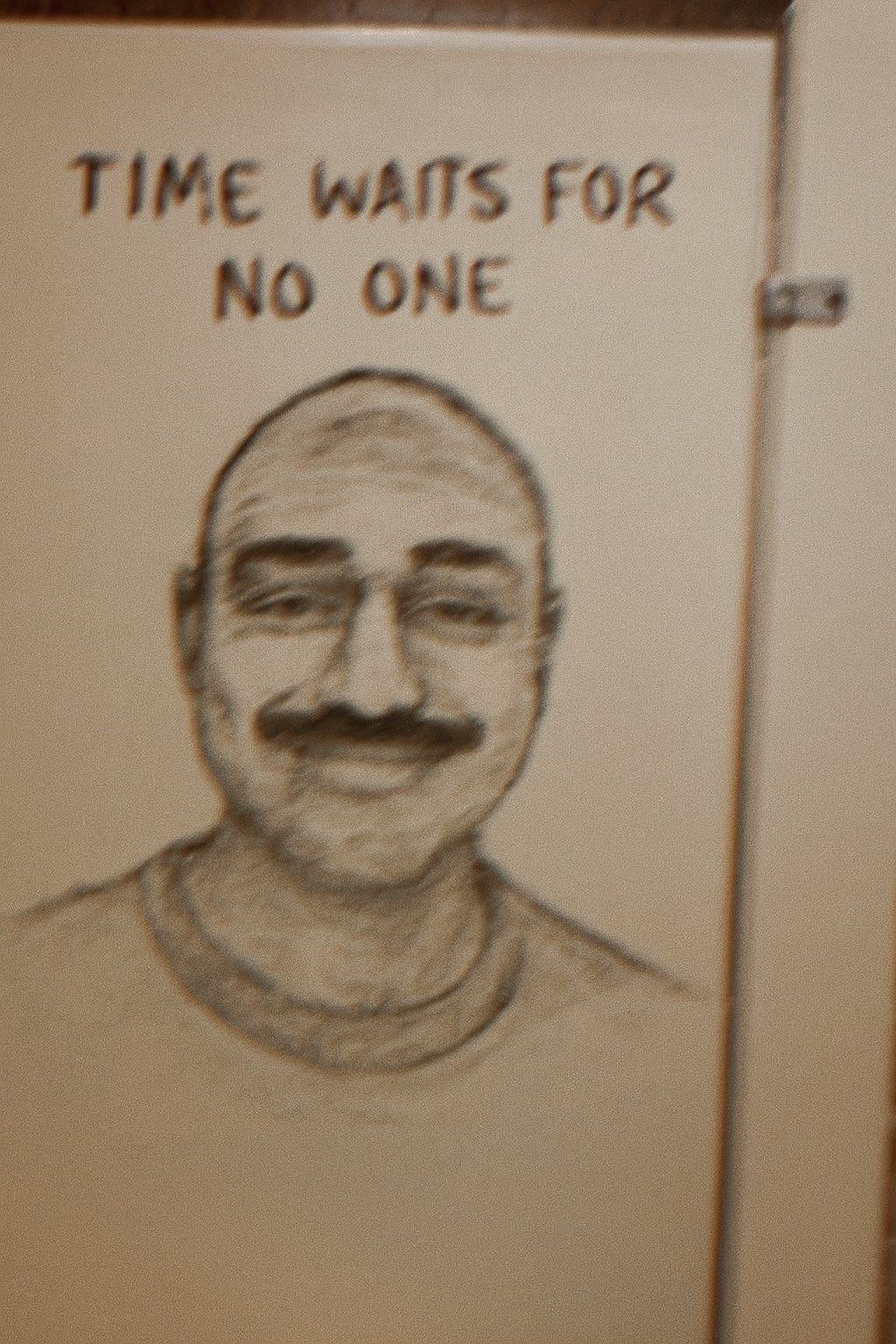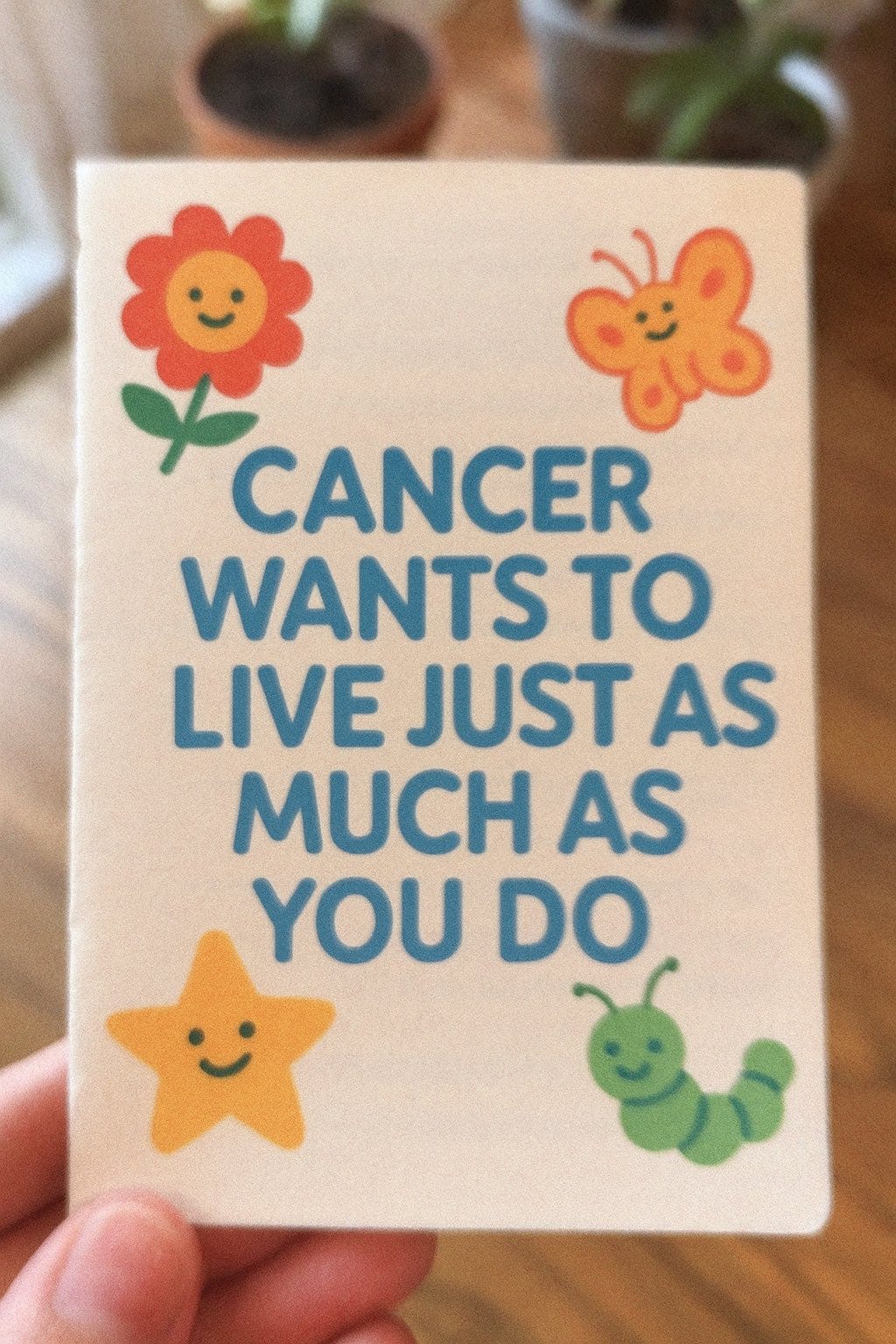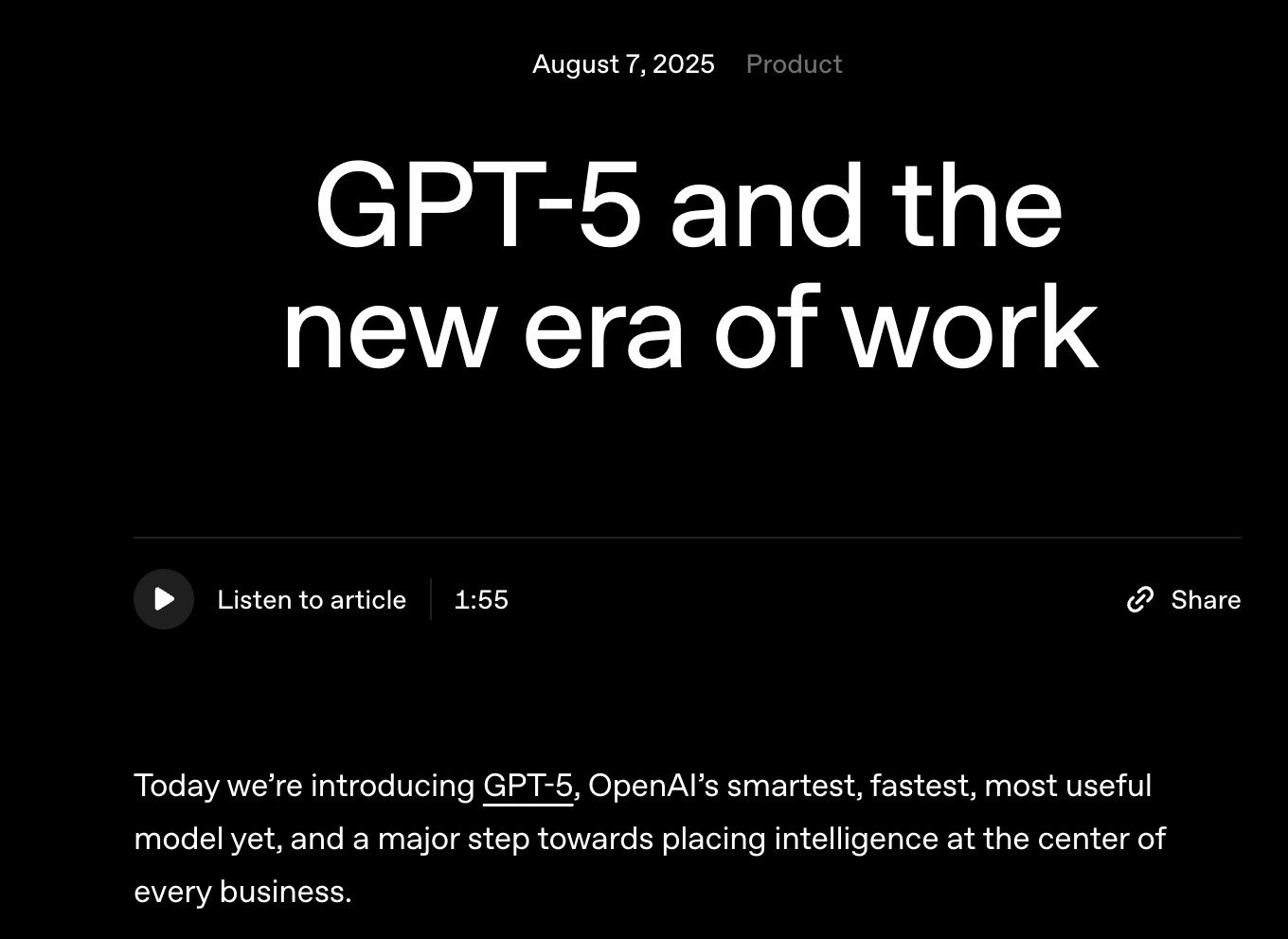Note: I’ll be honest. Writing my usual long-form technical essays at a regular weekly/biweekly cadence has been a bit hard lately. The sum combination of, one, joining a new job, and two, my in-progress articles being a big bit-off-more-than-I-can-chew situation, has lead to today, August 18th, with no article since July 28th. 3 weeks with no posts! While you almost certainly don’t care, I do. Schedules are important to stick to!
While I’m busy rectifying that situation, I’ve decided to simply take the stories I’ve written about my own life—which I frequently post to both Substack Notes and Xwitter—and compile those into an article. You won’t learn anything from reading these, but I think most of them are fun, very short reads. Nothing here is fake and everything below is something that actually happened. The last few ones have pictures too!
Shorter stories
Truther
Last year, I went to a bar night organized by someone off of r/nycmeetups. At the event, I started talking to a stranger, as one is supposed to do at these sorts of things. After telling him that I work in biotech, he proudly asked if I knew that the government doesn’t want us to cure cancer, because cancer is what makes the pharmaceutical industry exist. He cited a specific doctor in history who cured cancer in the 1980’s and was promptly jailed for it. I, very upset with myself for having left the apartment, decided to look up this apocryphal scientist on my phone and discovered that it was not a doctor, but a Honduran herbalist who claimed to have cured not only cancer, but also AIDS, through something called the 'African Bio-Electric Cell Food Therapy'. He was not jailed for this, but was sued in court for practicing medicine without a license, and later died in prison from pneumonia, having been arrested on suspicions of money laundering
The stranger waved it off and said the real story is hidden. I told him that the base thesis isn’t even true, child leukemia cure rates have gone massively up in the last few decades. He then smugly asked me whether adult leukemia rates have improved at the same rate, and I was caught off guard by this very schizophrenic individual having a coherent rebuttal in defense of his incoherent worldview
Clinic
I wanted to be a lot of things when I was in high-school, but one thing that was high up on the list was being a psychiatrist. I was obsessed with the idea. I expressed this desire to almost everyone in my life, and, as it happened, one of my friends moms happened to be a psychiatrist and offered to have me shadow in on sessions where the patient consented.
I leapt at this idea. So, once a week, I would go down to a local practice with her, and listen in during her consults. During the first session I sat in on, a father and his two children came in, one girl and a boy, both of whom seemed much too young to be in an office like this. Weird, I thought. The father said things are going well, no further incidents. My friends mom nodded and asked a few basic follow up questions about the emotional state of the girl. Everything was fine. She nodded again and said next month?. Then the family left, the whole thing lasted less than 15 minutes.
Afterwards, I asked my friends mom what the deal was with them? She nonchalantly told me that the daughter is schizophrenic and keeps trying to kill her brother. At least, she proudly said, until we found medication that works for her. I, stunned, asked if the daughter will ever get better. Probably not, she responded, severe cases usually don’t.
The next patient came in. A man in his mid-20’s. He said the pills aren’t helping with his suicidal impulses. The mom asked him if he was taking his pills. The man sheepishly admitted that he wasn’t. She then looked over to me with the same face that Jim Halpert gave to the camera on The Office when something ridiculous happened
Derealization
Last day in San Francisco!
During this trip, I met so many people that, for the first time ever, I finally understood what people mean when they say that their nervous system is dysregulated. I once had 4 ‘coffee chats’ in one day and downed a full latte during each one. By the fourth meeting, I could feel myself actively disassociating into the endless nuclear ether, the other persons words falling like honey across my increasingly smooth brain. I nervously asked if we could step outside, I think I need a little bit of air. They smiled and told me yes, of course, just give me a second, I need to use the bathroom.
They went. And I waited and waited and waited and they never came back. After thirty minutes, I realized I had forgotten their name, forgotten their face, and the Google Calendar invite had only me as an invite. Who had I met with? Who had I spent the last hour talking to? I could feel my brain stem unraveling. I slowly approached the bathroom door and turned the handle. It was unlocked. The being I had met with was inside, their entire body turned into mass of fizzling static, blurring as it swayed from back and forth. Hey man, it said, still up for that walk? I think I have to head home, I responded, but it was really great to chat. Likewise, it screeched, lets keep in touch
Intimidation
I recently met a founder named Chenxi Li, who runs a brain-computer-interface (BCI) startup. I really liked her company, because it was one of the few BCI startups that operated through proof by intimidation. Proof by intimidation is a proof technique occasionally used in mathematics, where a statement is considered true because either the person asserting it is so terrifyingly intelligent or the proof itself is so baroque that no one wants to be the first to admit they don’t understand it. Chenxi employed both when running her company, which is something you don’t often see in the life-sciences world, so she was really a pioneer here.
She herself was prestiged beyond comprehension: MIT dropout, Thiel Fellow, visiting scientist at the Santa Fe Institute, and had once been invited to speak at Davos at age nineteen. She was extremely, extremely autistic—not a judgement, but rather the first thing she said to me—and she had T-rex arms throughout the entire conversation.She was building a portable, non-invasive neural stimulation device in hopes of enhancing the speed of muscle memory acquisition, but nobody quite understood how it worked, yet she’d managed to get contracts with the NBA, NFL, and the United States Air Force.
After introductions, I asked Chenxi how exactly they were able to compress the stimulation device to be so small without causing heat issues, and she said that it relies on the Hardy–Littlewood prime tuples conjecture. Then she paused and asked me if I knew what that was. I said Littlewood…that’s the guy who worked a lot with Ramanujan, right?. She smiled and said yes, yes he did. Her arms crept up a bit higher
Purple
I was living in Glendale, California when AVENGERS:ENDGAME was released. I was one year out of undergrad. The only interesting fact about Glendale is that it has the highest Armenian population in the world outside of Armenia. I think living somewhere as bleak as that does strange things to one’s mind. I was living with a stranger, also a recent graduate. We both sat inside our individual rooms all day and played video games and never talked to each other. The only time we’d spoken after the move-in day was him telling me that he was joining a Korean church so he could make more friends.
You’re Korean? I asked. They don’t really check, he responded. It felt too awkward to talk after that.
But AVENGERS:ENDGAME felt like it was my chance to really make a friend. The cinema event of a lifetime! It would pair bond us. We’d look back on this moment decades later, and laugh at how that movie catalyzed everything. So I invited him out to watch it. He agreed.
It was pretty good! After we left the theatre, I asked him what he thought. He said he liked it, but was confused as to why Thanos was purple. What do you mean? I said. He’s purple, right? Why? It’s never explained. I nodded. I suppose it wasn’t
Longer stories
Venture
I recently went to a party, and it was very, very cold. So, after an hour of shivering around and holding a drink that I never drank, I decided to leave.
But on the way out, a woman collided with me, a women dressed head to toe in Rick Owens. I looked closely. Her shoes were Geobaskets, $1325. Pants were Creatch Cargos, $1675. Shirt, a Level Tee, $415. Incredible. I asked for her name. It was Emily Maddow. I asked her what she was working on and she told me that she’s a general partner at Candle Ventures, a deeptech venture firm investing in “companies building at the edge of epistemic legibility.” She said this with a deep sense of excitement, clearly eager for me to ask the obvious follow-up question to such a bizarre statement. I pondered to myself. I didn’t really care about epistemics or legibility or whatever lie in the intersection of two, and the personality behind the Rick Owens fit was not as interesting as I’d hoped it be. But it felt impolite to leave right now. And the room was still really, really cold and each second of not talking or interpreting what someone was saying made me feel colder, so I said, Oh, how interesting, what does that mean?
The words fell out of her mouth. She said to me that most venture firms only fund what she called “consensus science,” which meant anything that already had a Wikipedia page. Candle, on the other hand, invested ideas that couldn’t be evaluated yet because the language to evaluate them hadn’t been invented. We’re interested in the kind of biology that feels like mysticism now but will be standard by 2040, she said. We look for founders who are premature rather than wrong. I nodded, mostly to stay warm. Her intonation had the charismatic warmth of someone who regularly attended Chatham House rules parties at Airbnbs shaped like shipping containers. But there was something crueler there, something unique to her and her alone. It sounded like Benedict Cumberbatch’s performance of Smaug in the Hobbit films; deep and ancient with hatred playing at the ends of it. I did not like those movies, but I did like the voice.
Cold was setting in again. I needed to keep things moving.
I took a deep breath and said, Isn’t that every venture firm? Isn’t everyone interested in finding premature ideas before the price of investing shoots up? I’ve never quite understood why everyone keeps trying to aggressively distinguish themselves. At a certain point it starts to feel like narcissism of small differences. Does that make sense? Everyone wants to invest in smart people doing interesting things. I don’t know. It feels like a lot of theatre sometimes. And this all isn’t to say that VC is bad. I think VC is great. But why have this elaborate performance around it? Why not just invest in people you like and not even talk about what your own personal sense of esoteric taste is?
She stared at me, long and hard, and then glanced down at my glass, still full. You should drink that, she said. It’ll help with the cold. It’s got niacin. I finally did take a sip and my cheeks flushed with heat. She was right. But by the time I had looked up, Emily was nowhere to be seen, only a small pile of ash left where she was standing.
The history of spontaneous combustion is somewhat fuzzy and mostly relegated to the outer provinces of 19th-century tabloid science, alongside mesmerism, orgone energy, and the idea that lightning could rearrange your personality if it hit you just right. But I’ve always found it curious how consistently the bodies left behind are described: untouched surroundings, the chair left intact, shoes perfectly preserved, just a small cone of human residue where a person used to be. Which is all to say: I don’t think she burst into flames, but I think it’d make for a more exciting world if she had
Bean
One of the cleverest men I ever met was Chinedu Okafor, a forty-seven year old Nigerian man, so tall and thin that he seemed designed by someone who understood the concept of height but not mass. He was six-foot-eight, and seemed to grow a couple of inches every month. I once joked with them that he was like the character Bean from Ender’s Game, but he did not recognize the book, and did not like the insinuation that he resembled a legume.
Chinedu ran a machine-learning protein engineering startup called Slate Bio. Slate Bio was interesting, because it wasn’t really a machine-learning protein engineering startup, but rather a hedge fund. Chinedu had previously worked in public equities for two decades, and started Slate Bio when he realized that the field was at an interesting inflection point. One, the rate of return in biotech was astonishingly bad. Two, venture firms were desperately funding fund AI-using biotechs out of hopes that one of them will reverse the trend of returns being astonishingly bad. Three, raising money for a traditional long/short fund had become an elaborate form of humiliation.
Thus, the thesis for Slate was formed.
They operated a very small wet lab out of South San Francisco which churned out extremely insignificant PNAS papers with grandiose titles like De Novo Peptide Hallucinations via Dual-Encoder Diffusion Priors and Anisotropic Signal Denoising for Next-Generation Binding Prediction, using them to raise their next round, which occurred at the extraordinarily fast pace of every 6 months, all from a select group of venture capitalists who cared less about the returns of their business, but rather how it made them look at cocktail parties. A small pittance of the money was allocated, by Chinedu, to the lab, while the remainder was handed over to Singaporean quants on cocaine to trade on. Their 11% IRR wouldn’t impress most hedge funds, but they weren’t being judged against hedge funds. They were being judged against biotech. So, by virtue of having made money at all, Slate Bio was considered a visionary.
Chinedu had become fabulously wealthy off of this, and it was the most honest thing he’d ever built in his entire life
Time
I did not like my college. But, like everyone who goes to college, I maintained a secret hope that, at some point during my time there, that there would be an intense moment of clarification—one so extraordinary that it could really only be stumbled across only once per lifetime and only during this crucial period—upon which the tension I had held in my face for eighteen years would finally release. Many of my social activities during that time revolved around this search. Everything was okay to do, because I was searching for something deeper. This came to a head when a person I'd barely ever talked to before messaged me at 1AM to ask if I wanted to go to “Buc-ee’s” with him.
Buc-ee’s is a chain of gas stations scattered around the American South, and everyone in Texas loves showing them to people who are not from Texas. The primary draw of the place is twofold: very clean bathrooms, and cheap fudge. This was enough to make it a hit location for undergraduates in Dallas to spend time in.
But I was scared. I had said less than a few dozen words to this person, ever. Why would I go with him to Buc-ees at such a late hour? What if he kills me and eats me? I didn’t think he would; I knew that he was a devout Christian and I was certain that the Bible had rules against this sort of thing. But you never know. But this, I decided, is what Life demanded: you need to take chances if you’re going to learn anything interesting. Just in case, I brought pepper spray with me. I responded to his message with yes, lets go, super excited to buy some fudge. Yeah, he responded, so am I.
I don’t remember what me and him talked about that night. But what I do remember is that in the third stall of the Buc-ee’s mens bathroom, sharpie’d into the back of the stall door, there was a drawing of someone who looked an awful lot like me, with the words ‘time waits for no one’ above it. It feels narcissistic to say, but I don't think that is necessarily true, at least not for me. I believed that time would wait for me, perhaps only me, because I wanted it to so badly, so much more than anyone else. In the years since this incident occurring, this belief has ended up being a mixed bag, but more correct than I think anyone would’ve naively assumed
Pamphlet
A few months back, I attended a ‘biotech happy hour’ in New York City. At the event, I met a man named Nazir Stackhouse—a name, I later learned, is likely fake but does match that of a college football defensive tackle—and he smelled like figs. Nazir was trembling near the cash bar when I started talking to him, an opened Adderall bottle lay near his fingers, which he dipped into every 40 seconds, assuring to himself that they haven’t yet vanished. Hello, I said perhaps too excitedly, what dose are you on?, pointing to the bottle. His eyes filled with greed and fear. None, he nonchalantly vibrated, I'm holding these for a friend. I wondered if he had any friends.
I asked him what his background was in. He lit up and said cancer. I lit up too and said no way, I also work at a cancer company. He began to massage the Adderall pills even harder. Anti or pro, he asked me. What? I responded. Anti or pro, he repeated. Isn’t everyone anti? I nervously said back.
He said no, not everyone. And that it was quite a shame that I'd so outright dismiss the other side. What exactly, I said, growing increasingly disoriented, is the pro side? He took a pamphlet out of his coat pocket and showed it to me. On it were cartoon graphics surrounding the headline text, which read ‘CANCER WANTS TO LIVE JUST AS MUCH AS YOU DO’.
Now, he said as I was still digesting the situation, have you heard of utilitarianism? I suddenly felt nauseous and excused myself to the bathroom, locking the door behind me. I sat on the toilet seat and watched as his fingers reached in from underneath the door, his body somehow contorting, eventually liquifying into a blackened substance to fit through. Almost in a trance, I stared as Nazir reformed his body from the goo, bones cracking into place, blood vessels gently lacing his muscle.
He told me that it’s fine if I wasn’t interested, but that the pamphlets are costly and I should return them back if I'm not going to learn anything from them. I nodded and handed it back. You’re very rude, he huffed as his body disappeared back underneath the door. Later, I looked up the printing cost of high-end pamphlets, finding that they can run up to $12 dollars each. That is is far, far more expensive than I would’ve naively guessed, which I guess is why you don’t see as many pamphlets these days. Refinement culture and all
Pastrami
A week ago, I saw a cockroach. It was a big one and I, after much terror, succeeded in crushing it with a shoe. But the first blow was not enough; I did it again, and again, and again, until there was no cockroach at all, but rather a smear of brown. But I still felt like it was alive, its thirteen-chambered heart still silently pulsating. I gently placed the smear in the trash and went to bed.
In my sleep, I dreamed that the cockroach was reforming, returning to the mortal plane. Slowly, the shattered bits of its exoskeleton snapped back together, its coagulated blood flowing once again, and, bit by bit, it began to learn hatred. This was the first time this emotion had ever occurred to it. Previously, it, like every other cockroach, barely thought at all, but the physical trauma I had inflicted unlocked an innate emotional savantism that most cockroaches are genetically locked out of. And it hated me most of all.
When I awoke, I checked the trash, just to make sure it was still there. Just as I had feared, it was gone. But what it had left in its place was equally curious and terrifying: a fresh pastrami sandwich from Katz’s Delicatessen. A confusing message from the cockroach, but it all made sense when, just a few minutes later, I checked my bank statement. A charge from Katz. The cockroach had used my debit card to pay for it: $28.50 — one pastrami on rye, and $10.00 — tip. The sum combination of the insect having bought one of the most overpriced sandwiches in New York City and given an egregious tip was too much to bear for me.
But the sandwich invited a closer look. I saw that there was something written on the packaging. Shaking, I picked it up and read the scrawls:
“Today we’re introducing GPT‑5, OpenAI’s smartest, fastest, most useful model yet, and a major step towards placing intelligence at the center of every business.”
Bewildering in the moment. But today, GPT-5 was released, and the blog post for it had the exact same intro paragraph. How did it know? Did the cockroach get a job as a Member of Technical Staff at OpenAI in the eight hours of me sleeping? What else is it capable of? Each night brings more nightmares. I will not be using this model. Something within it skitters around.
Eczema
I've been spending my off hours consulting with a biotech startup based out of Vatican City. An R&D startup being based in a enclave with a population of 800 is strange, but what is even stranger is where in Vatican City the startup is located: somewhere within St. Peter's Basilica, a centuries-old church with an interior area of 163,200 square feet.
What I was consulting them with was, at best, vague. They initially reached out to me because they claimed to need help in setting up some infrastructure for running protein foundation models, but our weekly calls have increasingly devolved into them chanting a hymn at me for forty-five minutes. I initially thought it was some kind of elaborate quirk of the Vatican residents. But the chants have grown longer, slower, more intricate, clearly heterogeneous each time. I'll join the meeting and there they are, in the gloom of the Basilica’s side chapel, their laptops arrayed on the altar like votive candles, tears rolling down their cheeks as a unending vomit of intonations pour out of their mouth.
Whatever, I thought to myself, they keep sending me money for this, so I'll keep doing this. But last week, during their droning, I suddenly felt extraordinarily itchy. I looked down at my forearm and saw that I was, before my very eyes, developing eczema, the skin turning raw and red in perfect hexagons. Bizarre. And then the chanters suddenly stopped, stared at me, and asked do you feel itchy?. Yes, I responded. They grinned, began to furiously write stuff down on scrolls, and then, without warning, they resumed the chant—faster this time, a breathless torrent. The eczema disappeared within seconds.
What the fuck, I squeaked, did you just do?
They apologized for the misdirection and told me they were exploring expression changes in toll-like-receptors using a few recent prayers they’ve been developing, and wanted to test it out. All quite above board, they smiled, atopic dermatitis is an innocuous condition. What do you mean by prayer? I asked. Oh, they said, so you have these immune cells that can modulate—, and I stopped them and screamed that I knew what toll-like-receptors are and I wanted to know how they interact with them through prayer alone.
They frowned and said That’s just what prayers do. The right chant can interact with the body. What did you think they do? How did you think they worked? I stammered and suddenly felt like I was part of a big cosmic joke, waiting for the other person to laugh and break character, but the gaunt men dressed in robes in the Zoom call just continued to stare at me with a sense of mild pity on their face, as if they were watching a simpleton desperately trying to do simple mental math. I dont know, I finally said, I don’t know what I thought.
They gently smiled, thanked me for my time, and ended the call. We have not talked since. Consulting is always difficult







Big fan of your writing. Don’t take pamphlets from strangers
Wow! Biology really is an emerging field, I had no idea any of this was possible!